
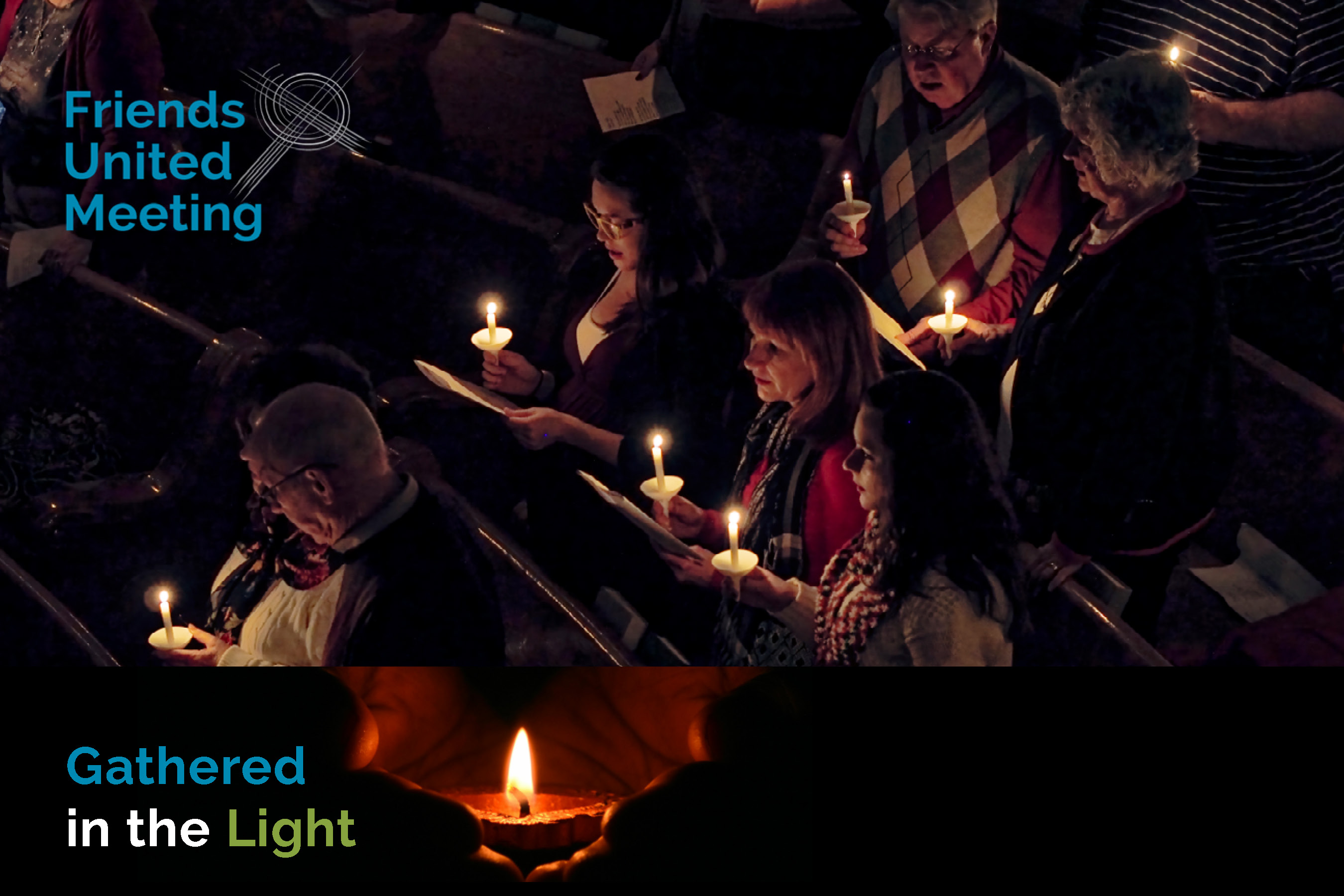
The downloadable Advent devotional is one of a handful of online resources that we have that can be downloaded and copied for use and distribution by individuals and congregations. Other resources include our brochures on ministry fields and field staff; on the kinds of work we do; and our Quaker Life edition devoted to explaining FUM’s priorities, program staff, and programs. We are adding more downloadable resources, including videos, all the time.
Read More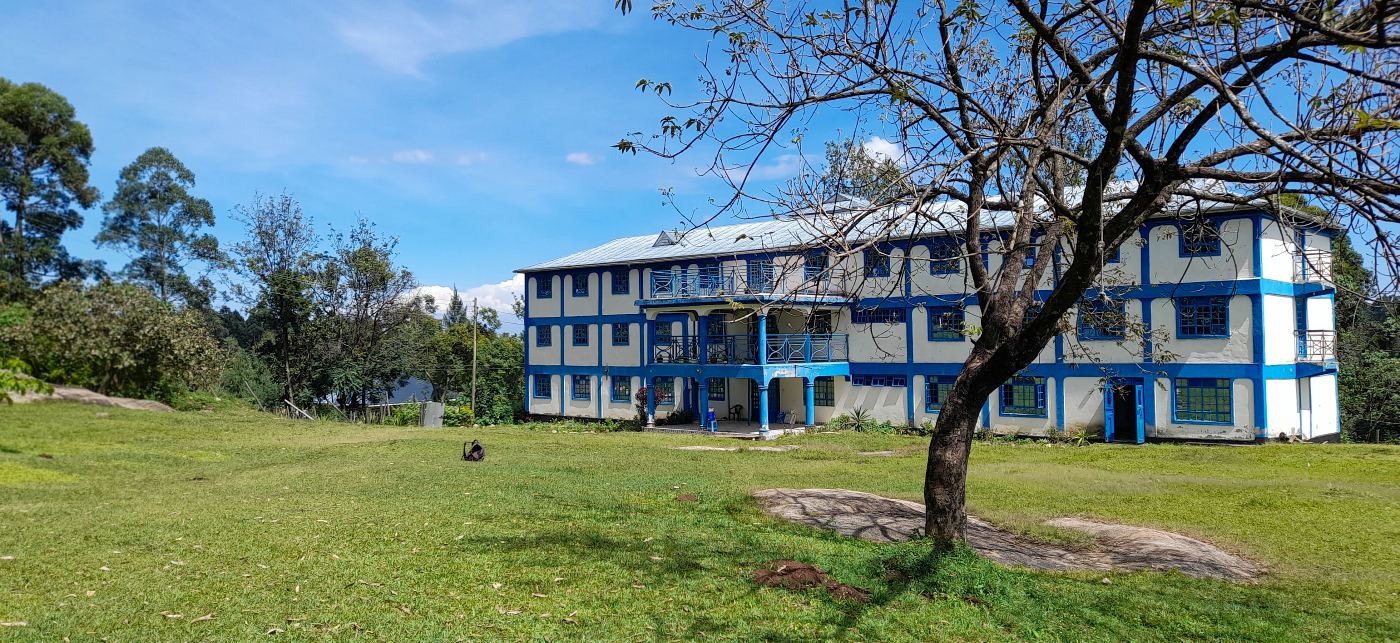
On 6–7 December, Friends United Meeting’s office in Kenya relocated to Kakamega from Kisumu. While this move was made because of a financial necessity to lower operational costs, it also provides strategic opportunities. For the past twenty-one years, the Reinsurance Plaza in Kisumu has been our administrative home. The office was originally established to serve our project partners and our member Yearly Meetings in Africa. The move to Kakamega brings us much closer to the communities we serve and support.
Read More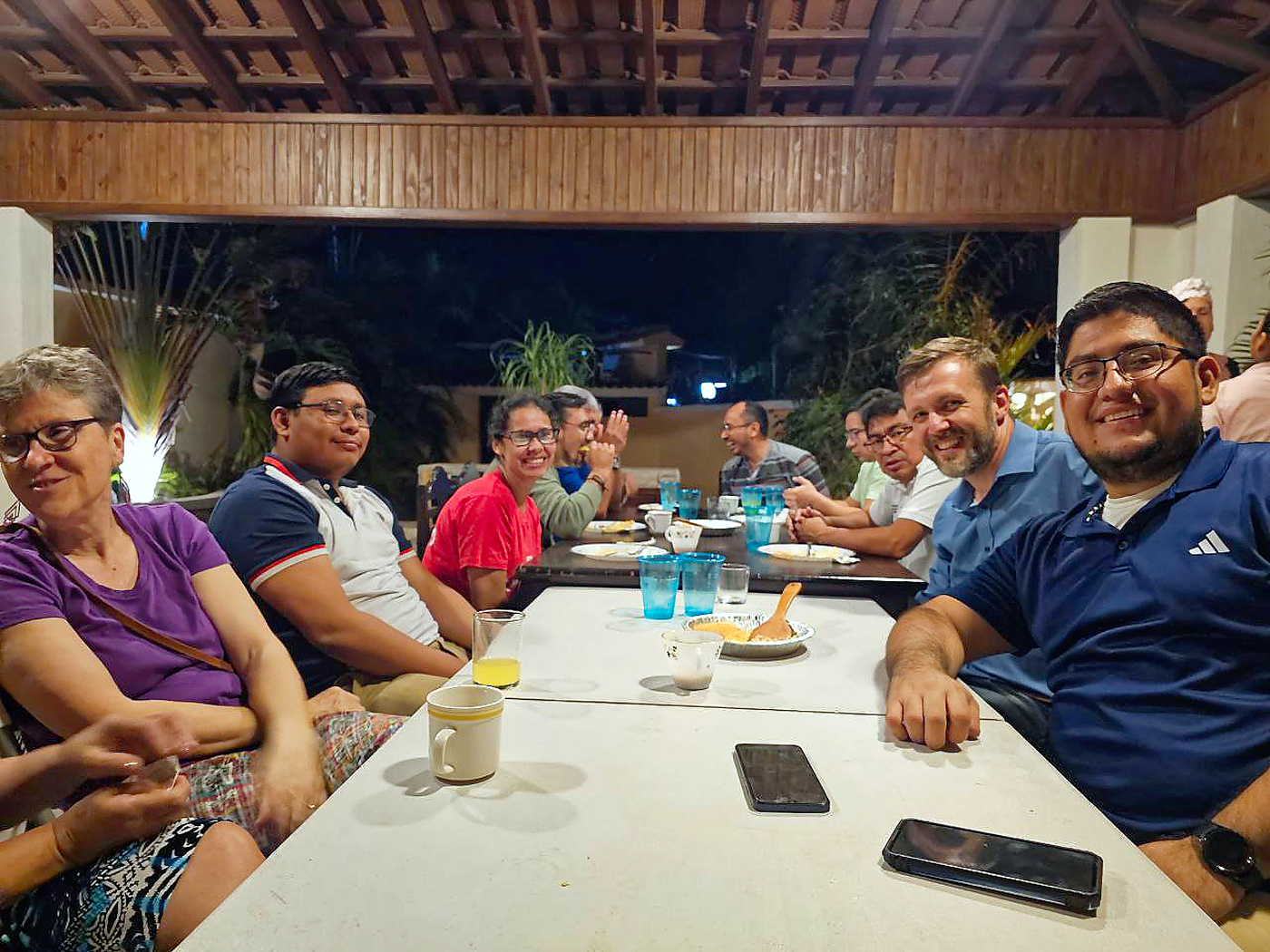
Although Global Ministries Coordinator Karla Jay was traveling in partnership with FWCC as a translator, her visit fulfilled a long-standing request from Guatemala Holiness Yearly Meeting to begin a dialogue about the mutual benefits of becoming an FUM member body. For several years, FUM had attempted to make such a visit, but a series of obstacles—political instability leading to road blockages, and travel concerns—prevented it. In 2023, General Secretary Kelly Kellum was scheduled to travel to the country, but Guatemala’s political turmoil at that time led local leader Karen Gregorio to advise postponing the visit until conditions improved.
Read More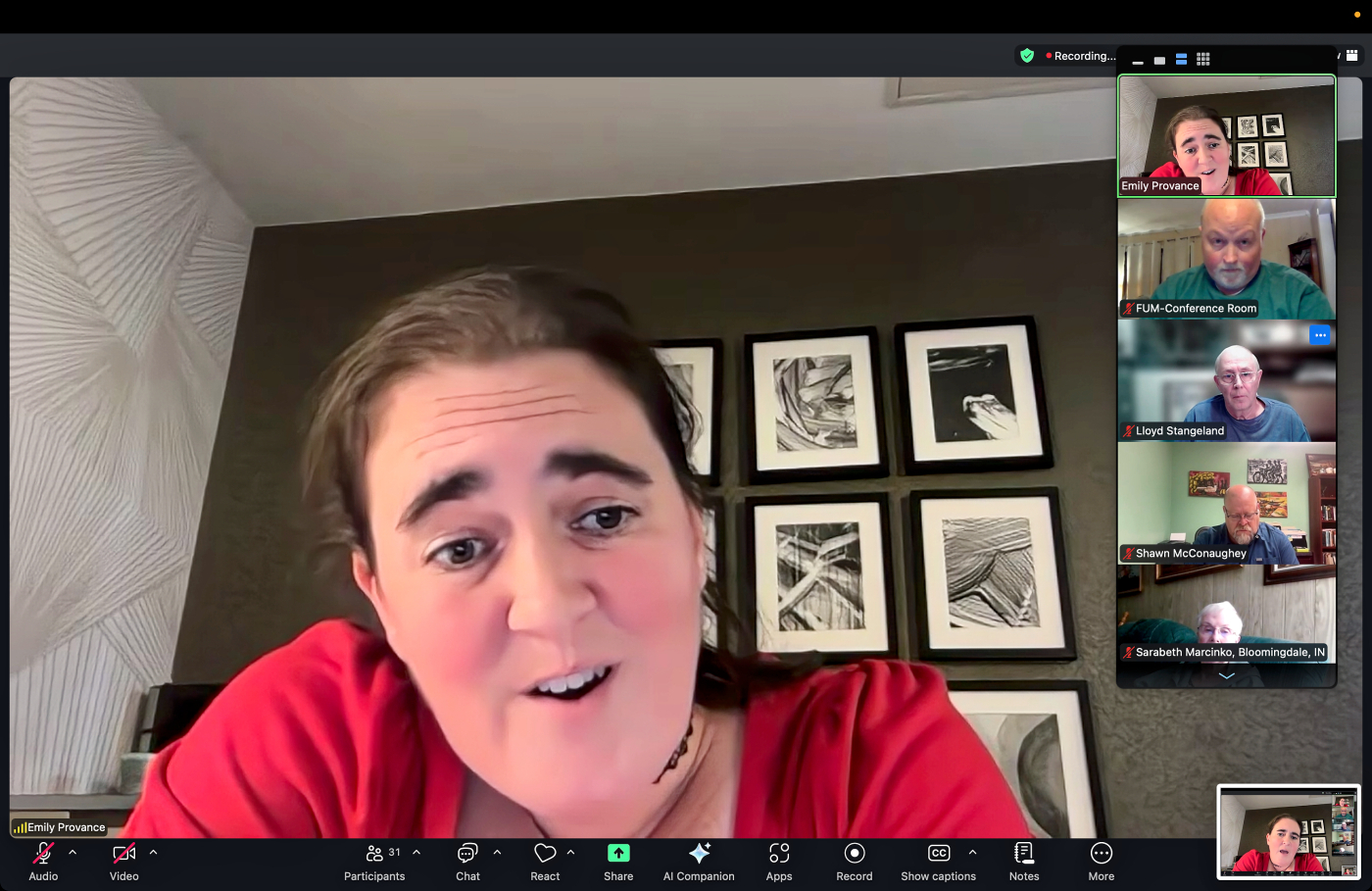
On Thursday, November 13, Friends United Meeting offered an in-depth explanation of the budget for the current fiscal year in an explanatory Zoom session. If you missed the session, or encountered technical difficulties, you can view it with the online ink provided.
Read More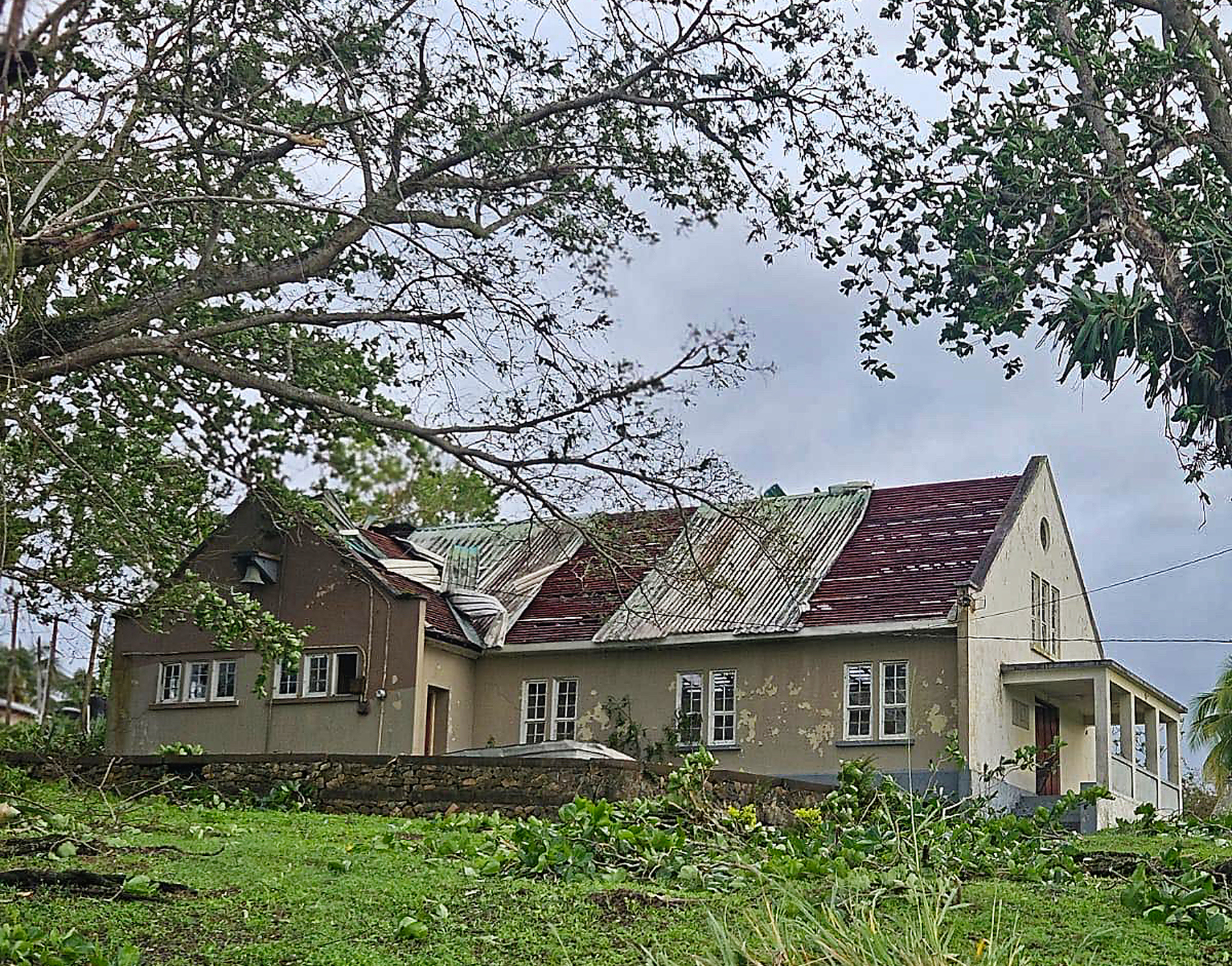
Members of Friends United Meeting gathered online for prayer before Hurricane Melissa struck the Caribbean, and Friends in Jamaica and Cuba Yearly Meetings. FUM responses have included gathering and sending supplies, providing the Cascade area with satellite internet, or organizing work trips.
Read More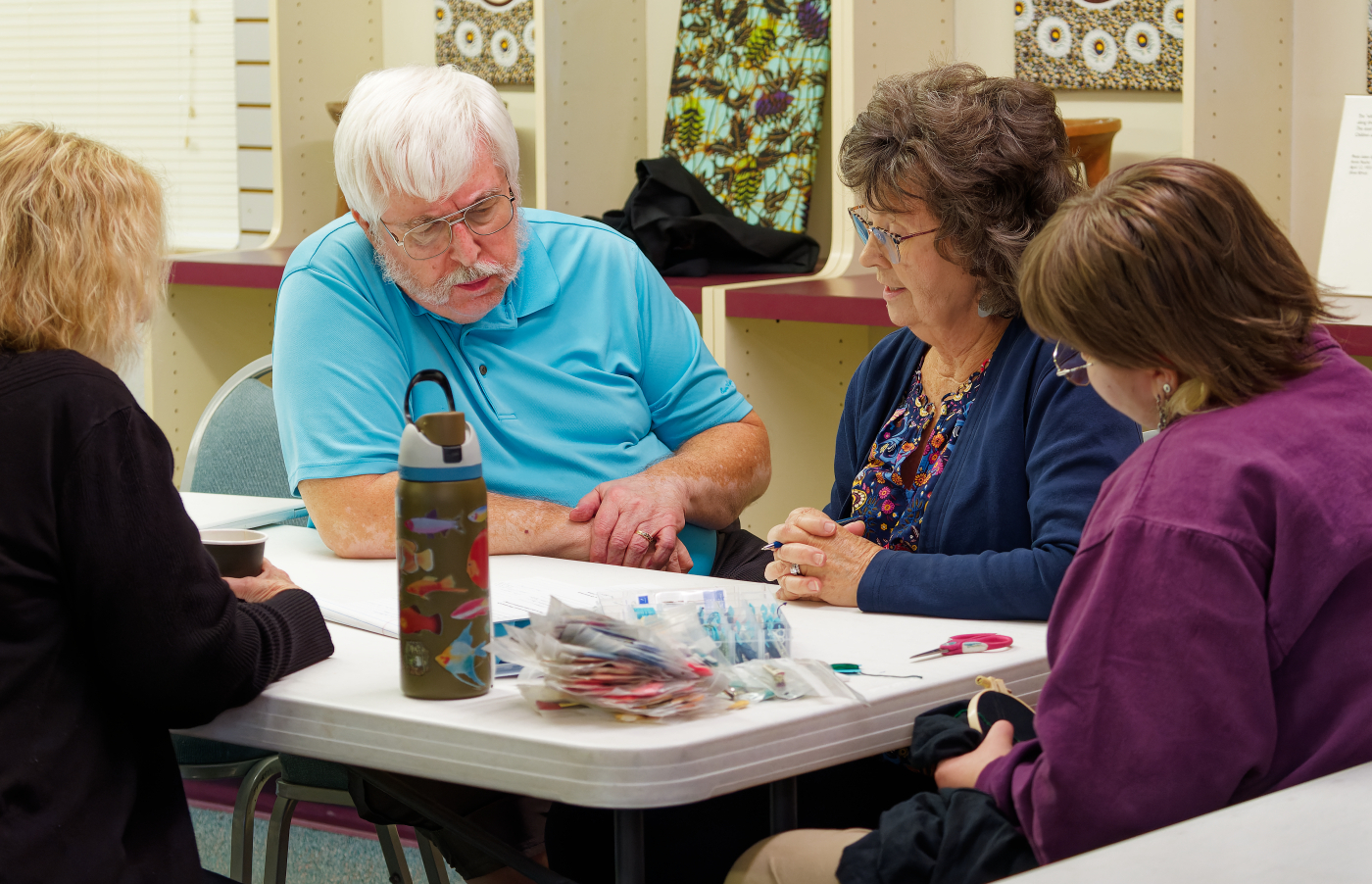
Over the past few weeks, the Financial Task Force, Finance Committee, Executive Board, and General Board of Friends United Meeting have each met to carefully review our current ministries, financial realities, and future directions. Together, these bodies have sought to steward FUM’s resources faithfully while preparing FUM for a more sustainable future. Many Friends have also received a letter from the General Board, making Friends aware of FUM’s concerning financial position and the difficult decisions that this reality has required. On Friday, October 24, 2025, the General Board met to receive and consider the Fiscal Year ‘26 budget for Friends United Meeting. The Board discerned that the pathway forward will require a period of restraint, creativity, and strategic restructuring. The following represents some of the significant changes that result from the approval of this budget.
Read More